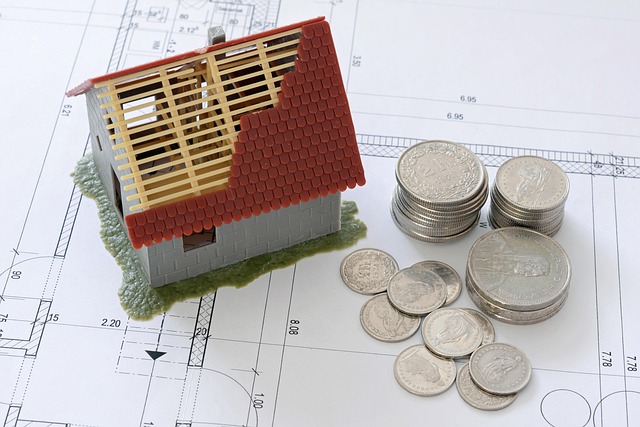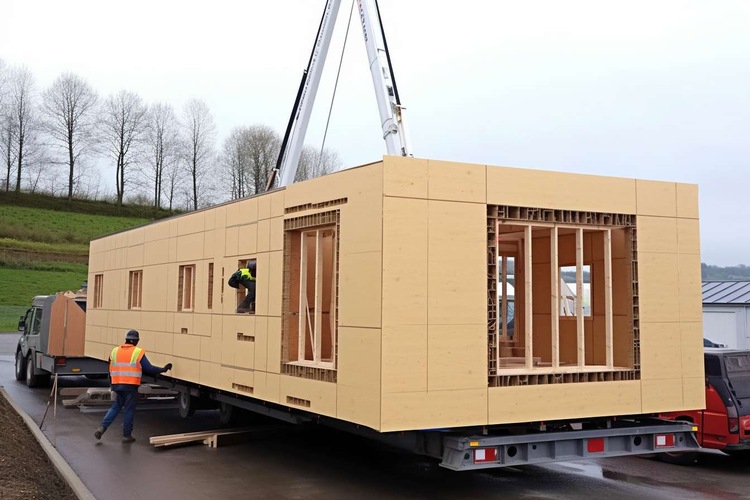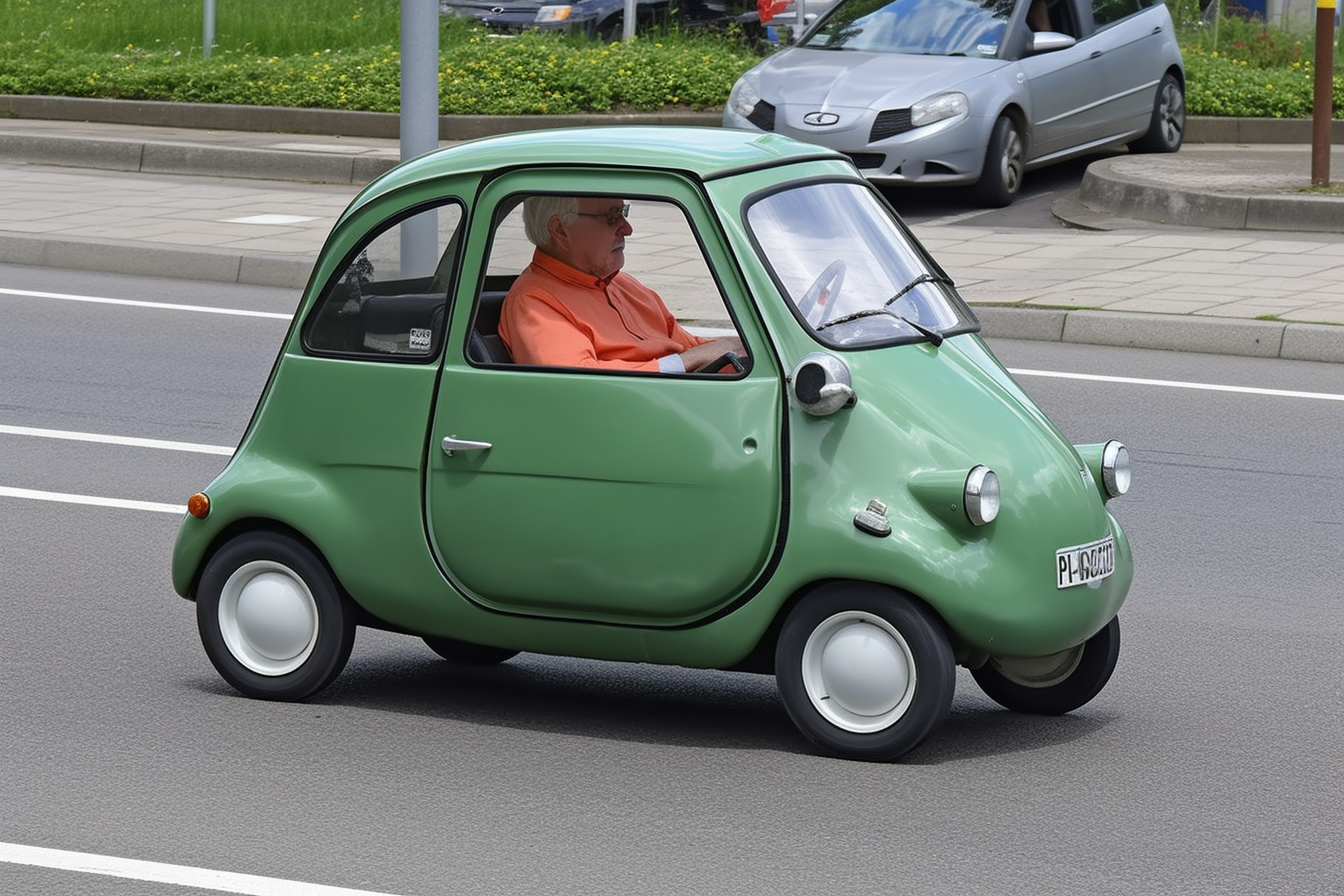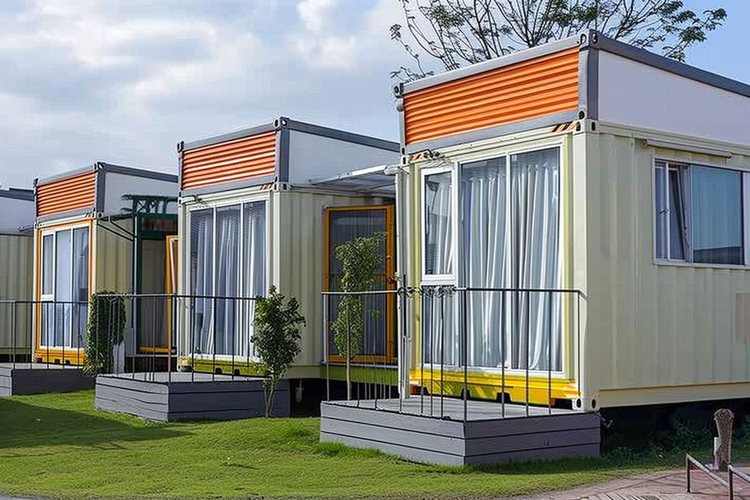Are 2025 Prefabricated Homes the Future of Affordable Housing in Ireland?
Ireland's housing crisis has prompted innovative solutions, with prefabricated homes emerging as a compelling alternative to traditional construction methods. These factory-built structures offer reduced construction times, controlled quality standards, and potentially lower costs compared to conventional housing. As the country grapples with supply shortages and rising property prices, prefabricated houses present an intriguing pathway toward addressing Ireland's accommodation challenges while maintaining modern design standards and energy efficiency requirements.

The Irish housing market continues to face unprecedented challenges, with demand far outstripping supply across urban and rural areas. Traditional construction methods often involve lengthy timelines, weather-dependent schedules, and escalating material costs. Against this backdrop, prefabricated homes have gained significant attention as a viable solution that could reshape how Ireland approaches residential development.
What Makes Prefabricated Houses Different from Traditional Construction
Prefabricated houses are manufactured in controlled factory environments before being transported and assembled on-site. This process typically reduces construction time by 30-50% compared to conventional building methods. The controlled manufacturing environment ensures consistent quality standards, reduced waste, and protection from weather-related delays that commonly affect traditional construction projects.
Modern prefabricated houses bear little resemblance to the basic modular homes of previous decades. Today’s designs incorporate sophisticated architectural elements, sustainable materials, and advanced building technologies. Many prefabricated structures achieve A-rated energy efficiency standards, meeting Ireland’s stringent building regulations while offering superior insulation and heating systems.
Exploring Pictures of Prefabricated Houses and Design Options
Contemporary prefabricated houses showcase remarkable design diversity, from sleek minimalist structures to traditional Irish cottage styles. Visual examples demonstrate how these homes can seamlessly integrate into existing neighborhoods while offering modern amenities and layouts. Many manufacturers provide extensive galleries showcasing various architectural styles, interior configurations, and exterior finishes.
Design flexibility represents a significant advantage of modern prefabricated construction. Homeowners can customize floor plans, select from numerous exterior materials, and incorporate specific features like solar panels, smart home systems, or accessibility modifications. The modular nature of prefabricated construction allows for future expansions or modifications with relative ease compared to traditional structures.
Current Prefabricated Houses for Sale Market in Ireland
The Irish market for prefabricated houses has expanded considerably, with several manufacturers offering comprehensive packages from design through completion. These companies typically provide turnkey solutions that include planning permission assistance, site preparation, construction, and finishing services.
Several established providers operate within Ireland, offering various prefabricated housing solutions. The market includes both domestic manufacturers and international companies with Irish operations, providing consumers with diverse options in terms of design, pricing, and delivery timelines.
| Provider Type | Average Cost Range | Construction Timeline | Key Features |
|---|---|---|---|
| Basic Modular | €80,000-€150,000 | 8-12 weeks | Standard layouts, basic finishes |
| Custom Prefab | €150,000-€300,000 | 12-20 weeks | Tailored designs, premium materials |
| Luxury Modular | €300,000-€500,000+ | 16-24 weeks | High-end finishes, smart home integration |
| Tiny Homes | €50,000-€100,000 | 6-10 weeks | Compact designs, eco-friendly features |
Prices, rates, or cost estimates mentioned in this article are based on the latest available information but may change over time. Independent research is advised before making financial decisions.
Planning Permission and Regulatory Considerations for Prefabricated Construction
Prefabricated houses must comply with the same planning and building regulations as traditional construction in Ireland. Local planning authorities evaluate applications based on design compatibility, environmental impact, and adherence to development guidelines. Many prefabricated home providers offer planning consultation services to navigate the approval process effectively.
Building regulations require prefabricated structures to meet specific standards for structural integrity, fire safety, energy efficiency, and accessibility. Most reputable manufacturers design their products to exceed minimum requirements, ensuring compliance with current and anticipated future regulations. The controlled manufacturing process often results in superior quality control compared to on-site construction methods.
Environmental Impact and Sustainability Benefits
Prefabricated construction typically generates less waste than traditional building methods, with factory environments enabling precise material usage and recycling programs. Many manufacturers incorporate sustainable materials, renewable energy systems, and water conservation features as standard or optional elements.
The reduced construction timeline of prefabricated homes minimizes site disruption and environmental impact during the building phase. Additionally, the precision manufacturing process often results in superior energy efficiency, leading to lower operational carbon footprints throughout the building’s lifecycle.
Future Prospects for Prefabricated Housing in Ireland
Government initiatives supporting innovative housing solutions may accelerate prefabricated home adoption across Ireland. The technology’s potential to address housing supply challenges while maintaining quality standards positions it as an increasingly attractive option for developers, local authorities, and individual homeowners.
As manufacturing techniques continue advancing and costs potentially decrease through economies of scale, prefabricated houses could play an increasingly significant role in Ireland’s housing landscape. The combination of reduced construction times, quality control advantages, and environmental benefits suggests that prefabricated construction may indeed represent a substantial component of Ireland’s housing future, particularly as the country continues seeking solutions to its ongoing accommodation challenges.




